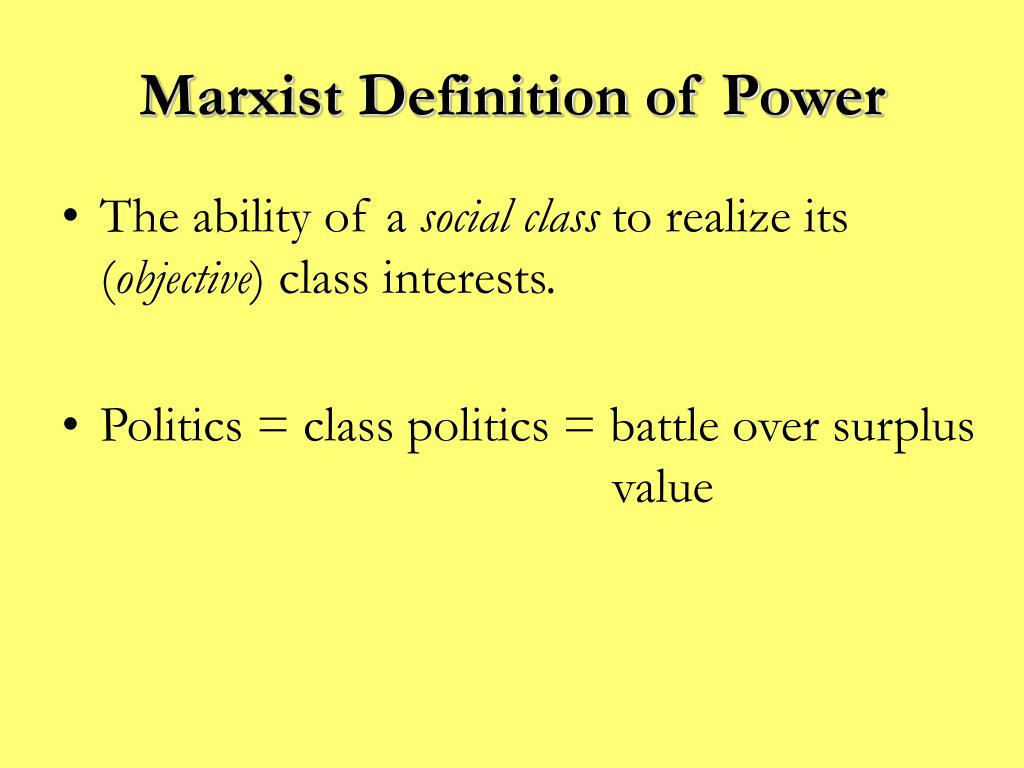
For Blair, like Giddens, the Third Way represents ‘a new politics arising from the ashes of the struggles of the 20 th century between traditional views of capitalism and of socialism’ that ‘seeks to combine economic dynamism with social justice’. The task of operationalising these ideas has been taken up by New Labour under the stewardship of Tony Blair.

Democracy 3 innate socialism series#
What is required is a series of policies designed to realise the values of the Third Way. However, as Giddens acknowledges, Third Way thinking alone cannot produce the desired social and economic objectives. Giddens’ recent work on the Third Way represents a sophisticated attempt to conceptualise the challenges facing social democrats in the late twentieth century. 4 According to Giddens, these values can be crudely distilled down to a concern for equality, protection of the vulnerable, freedom defined as autonomy, exercising social and political responsibilities in exchange for the expectation of rights, and that legitimate authority must be democratic authority. By providing potential answers to some of these dilemmas, the Third Way prescribes a set of flexible but identifiable values designed to guide action which preserves ‘a core concern with social justice’ in a fluid political sphere. The Third Way is therefore designed to help citizens and their representatives steer a path through the major revolutions of our time, to do with globalization, transformations in personal life, and our collective relationship to nature.


Originating as early as the turn of the century, discussion about what is now commonly referred to as the Third Way has been occurring not only in Britain but also throughout Continental Europe, the U.S., New Zealand and parts of Latin America. Again for reasons of space we will concentrate on the work of one of the Third Way’s chief proponents, Anthony Giddens, and the attempt by Tony Blair to enunciate these ideas as a practical political strategy. But initially, we will begin with a brief outline of the key characteristics of the Third Way as it has appeared in both the academic literature, official documents and speeches. The four themes we wish to contest are: the notion that the Third Way is devoid of values and principles that Third Way thinking represents an attempt to undermine the ‘great’ model of British democracy that the Blair government’s pro-European policies are detrimental to British interests and, that socialism died long ago leaving no alternative to neo-liberalism. However, it is sometimes difficult to flesh out the assumptions and lines of argument Hand was making because of his own indulgence in ‘soundbite over substance’. 1 Given the constraints of space we will limit ourselves to primarily responding to Hand’s agenda by contesting four of the central themes of his “argument”. In Issue 53 of Interstate, Peter Hand argued that the ‘Third Way’ was nothing but a well packaged combination of rhetoric and soundbites on the part of a government wholly obsessed by presentation.


 0 kommentar(er)
0 kommentar(er)
